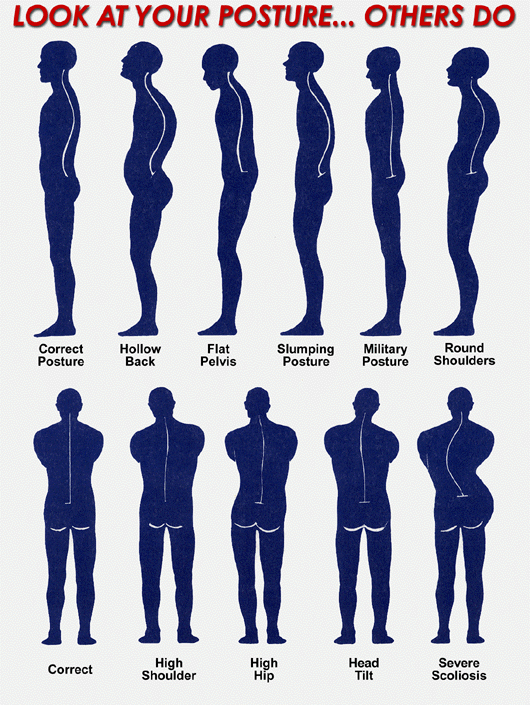Pain
So why does pain stay…..
How we are brought up to think
about pain
Basic pain physiology
Differing aspects of pain and how
they interact
Now need to look at.....
The Healing process
Why previous treatments only gave
short term relief
Pain that persists more than 3
months is termed chronic
The system becomes easier to
stimulate, changes occurring at the nerve endings, where the nerves join the
spinal cord and in the brain
As yet we do not know how to
reverse these changes when they have been there for some time
Pain:
Major causes of pain are:
Arthritis
Disc problems
Surgery
Mechanical disorders : –
Poor posture
Poor muscle tone
Arthritis:
You have an ongoing inflammatory
process
At the same time you have the
healing process occurring
With the formation of scar
tissue, leading to thickening of joints
This tightens as its forming,
leading to loss of movement
Is a repair process – not new for
old
Treatments:
Some joints can be replaced
(knees or hips)
Pills – pain killers and anti
inflammatory drugs, glucosamine
Decreasing the stress on the
joints by:
Strengthening the muscles that
support the joints
Keeping weight down
Maximising the blood supply to
the joints
None guarantee a cure
Treatments for low back pain:
80% of back pain we are unable to
identify the exact structure causing the pain
Surgery required for less than 4%
Not usually done for pain relief
Research has shown that exercise
is the most effective treatment
Pain killers, injections hands on
physiotherapy treatments are short term options
Surgery:
Sometimes surgery is unavoidable
Can be done for pain relief or to
prevent further harm / damage
It is not a new for old process
there are always changes due to:
The formation of scar tissue, if
different layers of tissues get stuck together (adhesions) movement can cause
pain
Mechanical disorders:
Poor posture
Weak muscles
Both will result in joints being
stressed and pain
Treatments:
Correction of posture by
strengthening muscles
Painkillers and injections will
only give short term relief as the underlying factors have not been addressed
Pain:
Treatments are aimed at stopping
nerves from sending their messages to the brain
Pain killers
Injections
Effect lasts as long as the drug
is still active
Need to take regularly
All have side effects
Key messages:
At the present time there is no
cure for chronic pain
But there is a lot of evidence
that Pain Management Programs are effective in the long term management of chronic pain
The treatments you have tried in
the past only gave short term as they were unable to address the underlying
cause
It is ok to use anything to give
you short term relief as long as you don’t expect it to cure you!
If you have any questions or need to book a Physiotherapy session, call Hawkes Physiotherapy on 01782 771861











Comments
Post a Comment